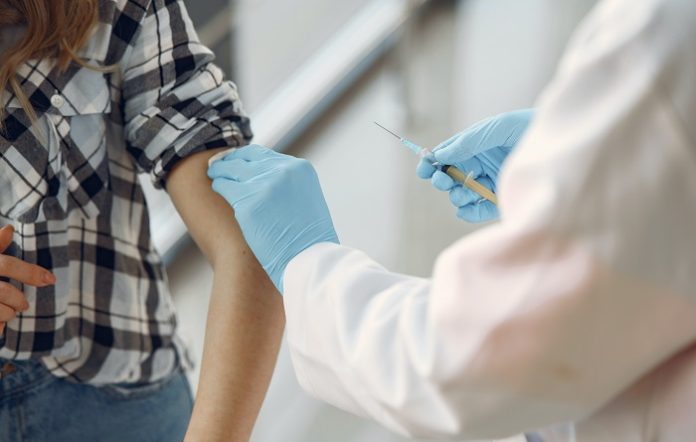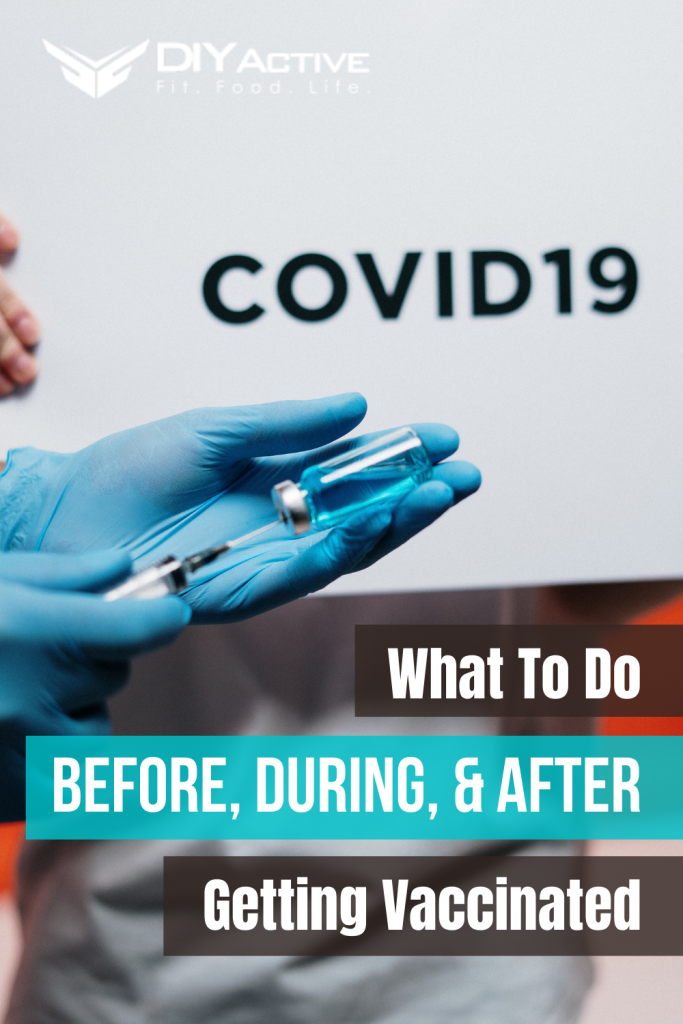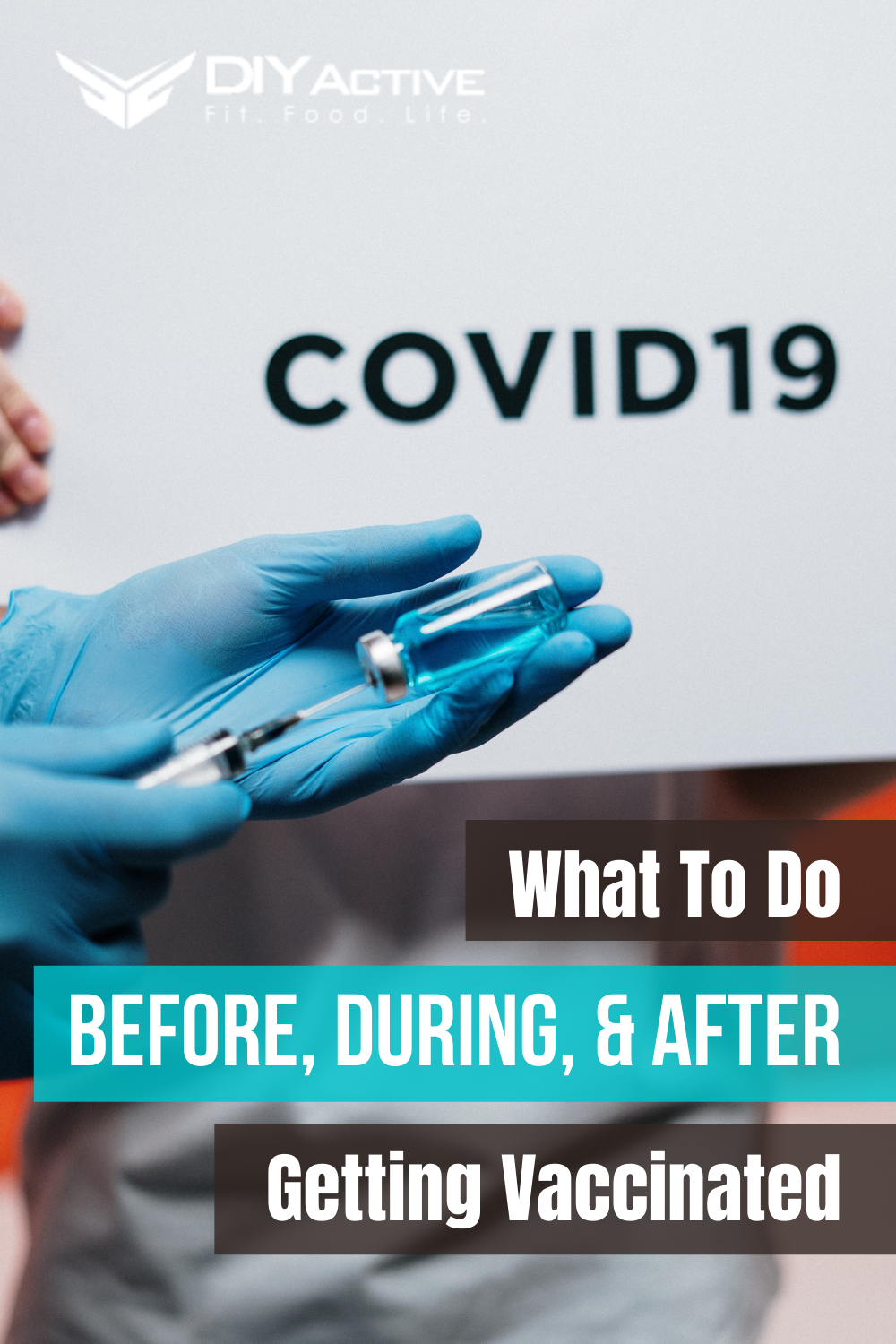
Getting Vaccinated?
Vaccinations are an excellent method of protecting your body from harmful diseases, but knowing what a vaccination entails can be a different story altogether. Things like your current state of health and other factors must be considered when getting vaccinated. So, where does one even begin?
Tips to Follow When Getting Vaccinated
Ensuring that you receive the most out of your vaccination will mean knowing the ins and outs of the process. With that said, here’s a comprehensive guide on what getting vaccinated includes from start to finish.
Before Getting Vaccinated
1. Do Some Research
Reading up on the vaccine you are planning to take will be helpful to you in more ways than one. For starters, it will help you get a better understanding of the entire process of vaccination—from what vaccines are made of to how they affect your body. Having a good foundation early on will ground your thoughts to indisputable facts alone.
Moreover, having prior knowledge of possible risks and side effects can help you ready yourself should they occur to you or a loved one as well.
The other benefit you get from educating yourself is that you become better at spotting misinformation. Medical research is a meticulous process. Professionals’ published works are under constant scrutiny to leave no room for doubt.
Where you get your information from must be placed under the same type of scrutiny as well. A good guideline to keep in mind is whether or not an article has undergone reviews from other professionals. Trusted sources like government websites or experts at Vaccine Injury Help Center can provide you with reliable medical information.
2. Schedule A Checkup With Your Doctor
The best way to follow up on any questions you still have about vaccination can be through open discussion with an expert, in this case, your doctor. Your medical physician has undergone years of education and training. This amount of expertise is indispensable when it comes to addressing any concerns you may still carry.
Additionally, scheduling a checkup with your doctor may be necessary. People with certain conditions may be at higher risk of the side effects of a vaccine. These conditions include:
- Cardiovascular Diseases
- Immunocompromised Conditions
- Extreme Allergic Reactions
- Respiratory Diseases

Your doctor can assess whether or not it is advisable for you or your loved ones to take whichever vaccine you had planned.
Lastly, they may also be privy to information on free vaccine locations. These are initiatives done by the government or private organizations and could be closer to you than you think.
During Your Vaccination Appointment
1. Be Mindful Of Pre-Vaccination Preparation
After receiving the signal from your doctor, you must keep your appointment date in mind at all times. Facilities may receive enough supplies for people scheduled on that day, so it’s best to inform them if you feel that you cannot make it to your appointment.
Aside from this, simple steps can be taken to ensure a smooth process. This can mean:
- Eating properly beforehand
- Staying hydrated throughout the appointment
- Wearing comfortable clothing with sleeves that are easy to roll up
Following these guidelines can further aid your body respond to the vaccine. They’re also helpful in keeping you relaxed during the process. Keeping a cool mind can help you remain vigilant for any concerning symptoms.
As a final note, it is important to avoid taking pain killer medication before your appointment. While they can respond to side effects such as muscle soreness, they also hamper the vaccine from successfully taking effect. Medications to avoid on your appointment day include acetaminophen, ibuprofen, and aspirin.
2. Speak With Healthcare Workers
Before administering the shot, you will most likely undergo a quick medical screening with the healthcare workers first. Important details like family history and pre-existing conditions will be rechecked to ensure that you or your loved ones are cleared to receive the vaccine.
This provides the perfect opportunity for an exchange of information between you and the medical workers. You can double-check whether the vaccine you are receiving requires a second dose and if so, you may schedule it with them. This is also the best time to present checkup results from your doctor. Anything that helps them get a deeper understanding of you will guide their decisions.
This can result in a different strain of the vaccine being administered or a possible rescheduling of the appointment should you feel ill on the day. Furthermore, more information about a patient is always helpful in any medical situation.
3. Adhere To The Recommended Duration For Monitoring
Although rare, adverse side effects may result from receiving a vaccine. After receiving the shot, you will be informed of a necessary waiting time to monitor any reactions.
Signs that medical workers look out for are:
- Fainting
- Wheezing
- Vomiting
- Difficulties in breathing
- Severe Allergic Reactions
- Itching
Adhering to this protocol ensures you and the medical personnel of successful dose administration. Moreover, should you develop any severe reactions, the staff can immediately respond to the situation with resources at the medical facility.
After Getting Vaccinated
1. Listen To Your Body
As your body undergoes the process of creating antibodies, you can expect to experience several side effects. This is a natural occurrence after vaccination, and there are several steps you can take to aid your body through the process.
Firstly, staying hydrated will be the most crucial step. Water can significantly combat symptoms like muscle cramps, fatigue, and headaches. It’s also a great help in keeping your blood circulation in check.
Secondly, allot the time for complete rest. Scheduling your appointment on the weekend or taking a leave of absence from work will afford you the time to relax properly while feeling the side effects of a vaccine. It’s also in your best interest to prepare meals or order from food delivery services ahead of time to forego the need to cook.
Lastly, refrain from drinking alcohol and smoking tobacco while in between vaccine dose administrations. While these things should be avoided or at least taken in moderation, they can be detrimental to the success of the vaccination. They have been known to compromise the immune system, which will be working overtime during a vaccination.
Should your symptoms worsen or last longer than a few days, contact your doctor immediately. Your body will have ways of telling you how it’s feeling, and it’s important to listen. Treating it with respect and knowing when to rest can be all the help it needs from you, especially after getting a vaccine shot.
2. Keep Your Next Appointment In Mind
While not always the case, some vaccines may require a second dose for full immunity, so keeping track of the next appointment date will be your next order of business. Most people tend to forget this part oftentimes. Second doses are administered somewhere between 4 – 12 weeks after the first shot.
One of the best practices for remembering is immediately taking down the date and time as soon as the medical staff informs you of your next appointment. Setting reminder alarms on the week it falls on will then help you in keeping the visit.
Strict adherence to medical guidelines is important, and vaccinations are no different. Completing all the necessary doses can set your mind at ease when it comes to health and protection.
Wrap-Up
Vaccinations are an important step to your overall health. While some risks must be kept in mind, their positive effects are too countless to pass up.
Getting yourself and your loved ones vaccinated can be a journey you take together. And, it starts with setting the facts straight and preparing for the process.
Images
Photo by Gustavo Fring from Pexels
Photo by cottonbro from Pexels



